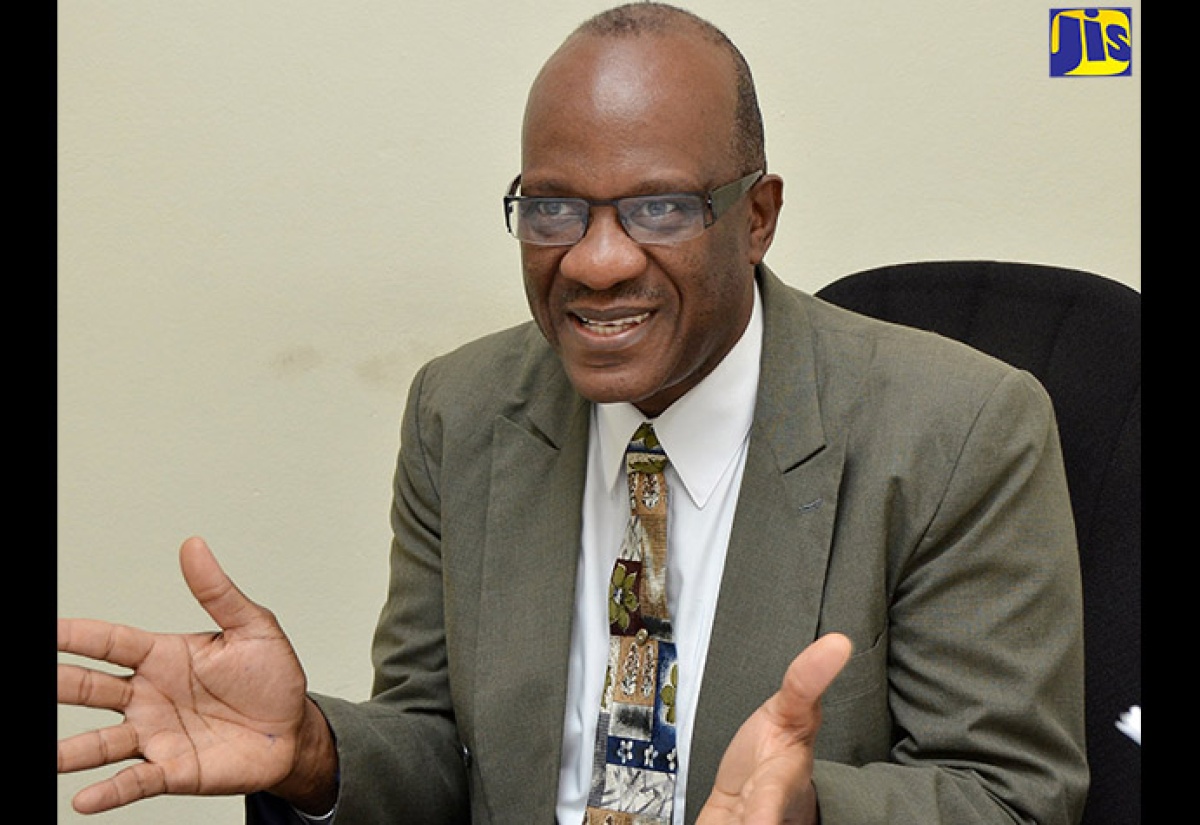Legal Aid Council Safeguarding Citizens’ Rights Under Enhanced Security Measures
By: , March 7, 2018The Key Point:
The Facts
- “In many instances, persons do not have the means to obtain legal representation… so we have a duty to fulfil (that entitlement) on behalf of those persons. So whatever we do, it is not to undermine any (security) effort, but to ensure that the ordinary citizen is equitably and humanely treated,” the Executive Director said.
- Detainees also have a right to due process, inclusive of legal representation and medical treatment as well as the provision of food and clothing.
The Full Story
Executive Director of the Legal Aid Council, Hugh Faulkner, has reiterated the agency’s commitment to safeguarding citizens’ rights, particularly while enhanced security measures are being administered in some communities to curb crime.
He said that as the Government implements measures to ensure public safety, the Council has a duty to play its role in preserving individuals’ fundamental rights.
“In many instances, persons do not have the means to obtain legal representation… so we have a duty to fulfil (that entitlement) on behalf of those persons. So whatever we do, it is not to undermine any (security) effort, but to ensure that the ordinary citizen is equitably and humanely treated,” the Executive Director said.
The Government announced a State of Public Emergency for St James in January, consequent on the upsurge in crime in the parish, as part of efforts to restore peace and public safety.
Mr. Faulkner, who noted that the protection of human rights is fundamental to that dispensation, provided a breakdown of the entitlements of persons detained.
He said detainees have the right to be informed about the reason for their detention, as soon as is reasonably convenient and in a language that is clearly understood.
Detainees also have a right to due process, inclusive of legal representation and medical treatment as well as the provision of food and clothing.
These persons also have the right to be visited by a spouse, partner or family member, religious counsellor and a medical practitioner of their choice.
“He/she must be treated humanely and with respect for the inherent dignity of the person. In other words, the conditions of his/her detention should not violate the inherent human dignity… the presumption of innocence tags along with the detainee. He/she cannot be compelled to testify or make any statements against himself,” Mr. Faulkner explained.
Special provisions must also be facilitated if a minor is detained. The name of the child is not to be published, and the minor must be held at a facility that is suitable for children. The juvenile is also entitled to have his or her parent(s) or guardian(s) present if he/she is being interrogated.
Detainees also have the right to request a review of their detention or restriction of their freedom of movement through the Emergency Powers Review Tribunal.
The Tribunal, located at the Office of the Prime Minister in Montego Bay, St. James, will review cases of detention or restriction orders in accordance with regulations 22, 32, and 33 of the Emergency Powers Act.
Mr. Faulkner urged persons to contact the Legal Aid Council if they believe their rights have been violated during the State of Public Emergency operations.
They may visit the Montego Bay Legal Aid Clinic, located at 42B Union Street; contact the Cornwall Bar Association at 312-8215; or the Legal Aid Council office in Kingston at 948-4861 or email aid.legal@moj.gov.jm.
Persons may also visit the regional office of the Public Defender, located at Shop 18, St. Claver Avenue, Montego Bay.
Under the Emergency Powers Regulations 2018, the security forces have been given extraordinary powers, which include the authorisation to arrest without a warrant and detain pending investigation any person whose behaviour gives reasonable grounds to believe that they are acting in a manner deemed prejudicial to public safety, or if they have committed, are committing or are about to commit any other offence.


